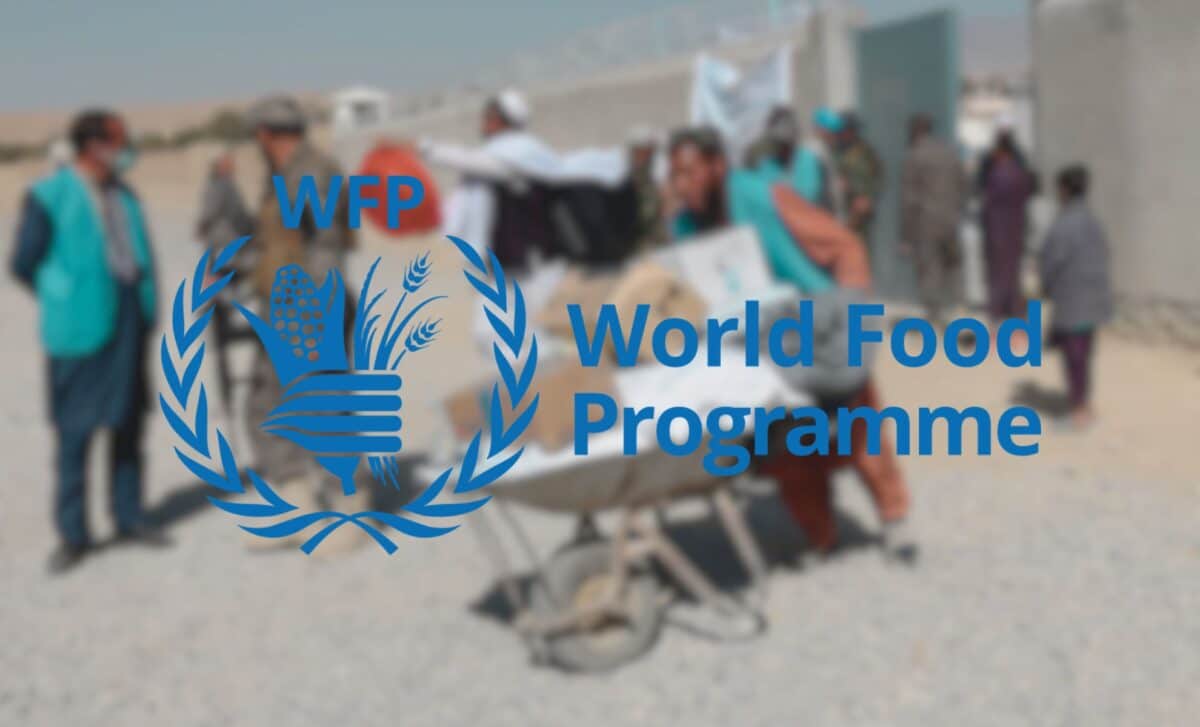The Trump administration has reversed sweeping cuts to emergency food aid that affected several countries, including Afghanistan and Yemen.
These countries, among the world’s most impoverished and war-ravaged, continue to face devastating humanitarian challenges as the US maintains aid reductions, despite the rest of the international community’s plea for continued support.
The reversal follows significant lobbying from United Nations officials and widespread alarm from aid groups. Initially, the US had planned to reduce funding for emergency food assistance in over a dozen countries.
While this decision was revisited for many nations, Afghanistan and Yemen were notably excluded, highlighting the political tensions surrounding foreign aid and its humanitarian impact.
Reversal of cuts: A limited win for international aid
According to the United Nations, the US is a major contributor to the World Food Programme (WFP), which facilitates food assistance in some of the world’s most disaster-stricken regions. In 2024, the US provided $4.5 billion of the WFP’s $9.8 billion budget.
However, the Trump administration’s approach to foreign aid has been controversial, with critics accusing it of neglecting the broader humanitarian needs in some of the most vulnerable regions.
In a statement released this week, officials confirmed that the US had reversed its decision to cut funding to the World Food Programme in several countries, although Afghanistan and Yemen remained exceptions.
The move has been described as a partial restoration of assistance that was previously expected to cease, but aid reductions still loom in these two nations, which are already grappling with ongoing crises. This shift has reignited debates on the role of foreign aid and its effectiveness in addressing global hunger.
The devastating impact on Afghanistan and Yemen
In Afghanistan, over half of the population—approximately 23 million people—rely on humanitarian assistance to survive. The country’s ongoing conflict, particularly following the 20-year war with the Taliban, continues to undermine efforts to address poverty, malnutrition, and social instability.
According to aid organisations, cuts to food assistance could leave millions without life-saving support, including treatment for malnourished children and emergency medical care for vulnerable women.
Yemen, facing one of the world’s worst humanitarian crises since 2014, also risks further deterioration without adequate aid. The war between Houthi rebels and the internationally recognised government, backed by Saudi Arabia, has left millions without access to food and basic services.
The US cutbacks are expected to affect 2.4 million people in Yemen, ending vital food assistance and nutritional care for children. Aid groups have expressed alarm, warning that the cuts could worsen the political and economic instability in the region.









